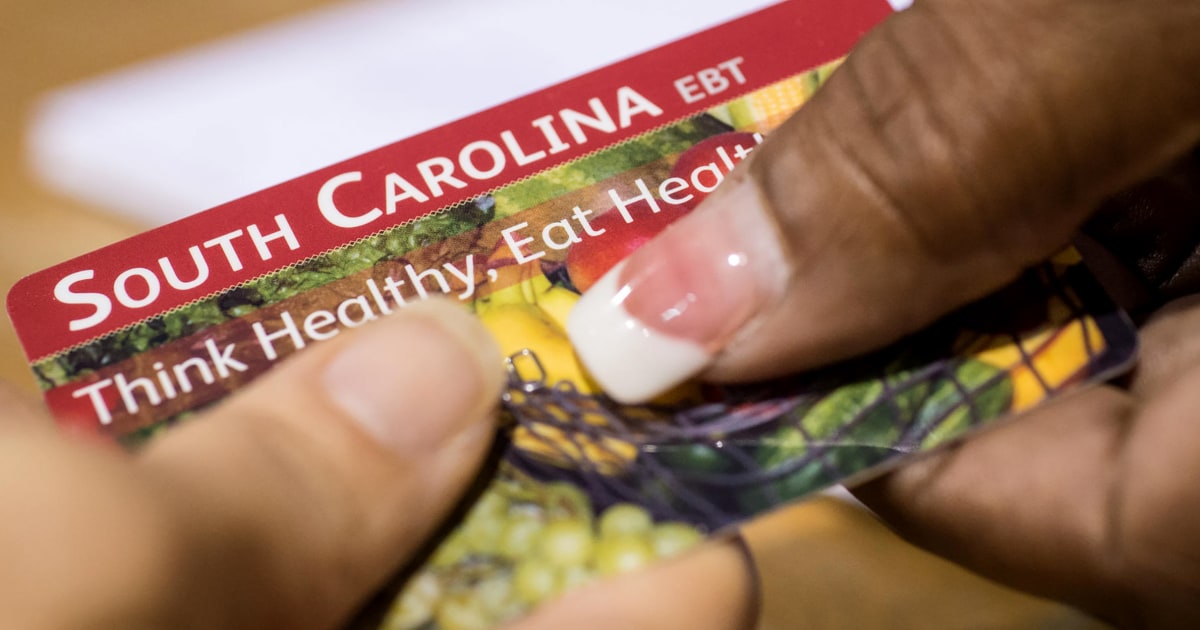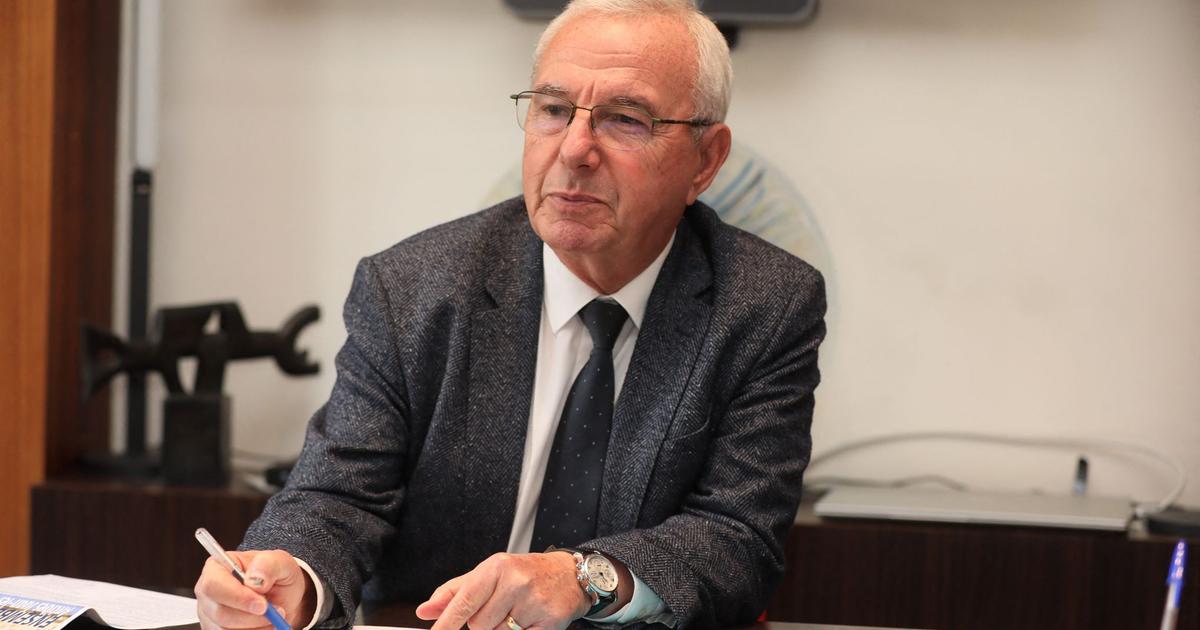Massachusetts proposed a new bill in January that would allow inmates in the state to donate their organs in exchange for a reduced sentence.
The law
would reduce
his sentence from 60 days to one year
on the condition that "the incarcerated individual donates bone marrow or [other(s)] organ(s)," the document details.
The law is sponsored by Democratic congressmen Judith Garcia, from Chelsea, and Carlos González, from Springfield.
The representatives allege that this measure would return “
bodily autonomy to incarcerated people”
and
would broaden the pool of potential donors,
especially for black and Latino people who have difficulty finding a match.
'The hell of the Pacific', the feared Mexican prison that became a tourist attraction
Feb 3, 202301:48
According to government data, about 30% of the prisoners are Hispanic and 40% are black.
In addition, nationwide there are more than 100,000 people waiting for a transplant and 17 people die every day on the waiting list.
[Mexican actor Pablo Lyle is sentenced to 5 years in prison for the death of a driver he hit after a traffic fight in Miami]
Incentivizing the sale of your body parts in exchange for the world's most precious commodity is just appalling."
Michael Cox, Black and Pink Massachusetts
The proposal has drawn strong criticism.
Michael Cox, executive director of the Black and Pink Massachusetts prison abolition organization, called the move
"unethical and depraved."
"Incentivizing the sale of your body parts for the world's most precious commodity is just appalling," Cox told Boston.com.
The ethics committee of the national transplant network (UNOS) has also questioned this type of initiative.
"Any law or proposal that allows a person to exchange an organ for a reduced sentence raises numerous problems," according to an official statement posted on its website.
On video: A couple danced in public in Iran and ended up sentenced to more than 10 years in prison
Feb 2, 202300:31
To receive an organ, it is necessary to provide a
complete medical history,
to determine if the donor is the right one, but in these cases it is not certain that it will be obtained, University of Pennsylvania nephrologist Peter Reese told MIT Technology magazine.
“I would be concerned that someone who is incarcerated would not feel comfortable giving me a complete and transparent history,” Reese said.
“It's hard to gauge someone's lifestyle when they're incarcerated and can't really make decisions freely,” he added.
“There are certainly ways to engage our free communities to educate them about organ and bone marrow donation options,” Brigham & Women's Hospital epidemiologist Monik Jiménez told The Boston Globe.
“But going to our incarcerated population as a source is problematic at best and exploitative,” he added.
Paramedics who treated Anthony Ávalos cry at the trial for his death.
His aunt wants the defendants to "rot in jail"
Jan 30, 202301:48
This proposal has precedents in other states, according to the newspaper El País.
In 2007, South Carolina legislators proposed reducing prison sentences to 180 days in exchange for donations, but the state ultimately opted for a voluntary organ and tissue donation program.
In 2013, Utah allowed donations from dying inmates behind bars, but most states do not allow organ donations from inmates.
In addition, the National Organ Transplant Law of 1984 prohibits the exchange of an organ for "valuable consideration."















/cloudfront-eu-central-1.images.arcpublishing.com/prisa/EXJQILQR5QI7OMVRTERD7AEZAU.jpg)